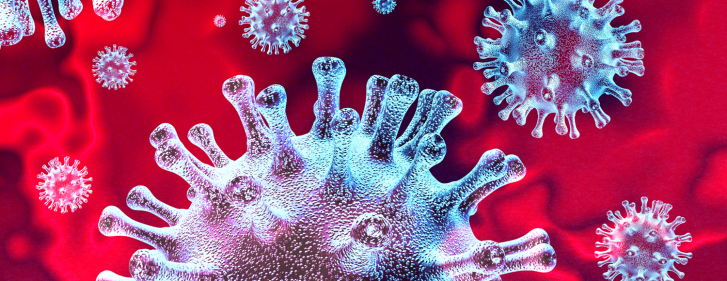
Screening for healthy volunteers has begun today (27 March) to take part in Oxford University’s ChAdOx1 nCoV-19 vaccine trial in the Thames Valley region.
The programme team will enrol healthy volunteers aged between 18 and 55, who, if they pass screening, will be the first people to test the new vaccine, called ChAdOx1 nCoV-19. The trial, a collaboration between the University’s Jenner Institute and Oxford Vaccine Group clinical teams, will recruit up to 510 volunteers.
Whilst the team will start screening people now to see if they are eligible to take part in the study, participants will not receive the vaccine for some weeks due to necessary detailed preclinical work and the need for the vaccine to be manufactured to clinical grade standard. Researchers are working as quickly as possible to get the vaccine ready to be used in the trial, which includes further preclinical investigations and production of a larger number of doses of the vaccine.
Commenting on the programme, Professor Adrian Hill, Director of the Jenner Institute at the University of Oxford, said, “The Oxford team had exceptional experience of a rapid vaccine response, such as to the Ebola outbreak in West Africa in 2014. This is an even greater challenge. Vaccines are being designed from scratch and progressed at an unprecedented rate. The upcoming trial will be critical for assessing the feasibility of vaccination against COVID-19 and could lead to early deployment.”
At the same time as conducting the first clinical trial, production of the vaccine is being scaled up ready for larger trials, and potentially, future deployment. By starting vaccine manufacturing scale-up immediately, the team can ensure that enough vaccine doses are available as soon as possible – especially for NHS workers, the elderly, and those with underlying health conditions – if the trials prove that the vaccine is safe and effective.
Dr Sandy Douglas, who is leading a collaboration working on the vaccine manufacturing scale-up project said, “The scale of this epidemic poses a huge challenge for vaccine manufacturing. We need to follow rigorous safety standards and that takes time. By starting work on large-scale manufacturing immediately, we hope to accelerate the availability of high quality, safe vaccine.”




